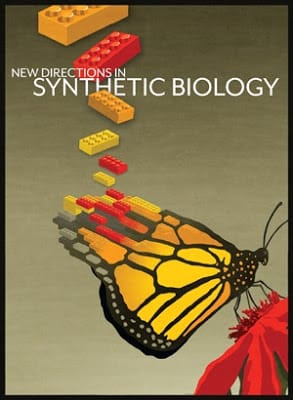Tag: Science
Complete Genomics
Reid expects single cell sequencing to be commercially available within two years, and he’s very optimistic about the potential of whole genome sequencing in the fight against cancer. “I don’t think my kids are going to worry about cancer. I think we’re going to nail it in my lifetime. We’re never going to be able to stamp it out [completely] because they are mutations, and mutations are going to happen. But we’re going to be able to treat it. We’re going to turn cancer into a chronic disease, not a death sentence.”
Gene Therapy
Writing Update: Penny Royal II
SF Wars
The Great Stagnation
This is why you see no technological singularity in The Departure – the parasitic state has killed innovation and invention. My only hope, in the real world, is that the financial collapse we are entering now will kill off some portion of the parasite infestation before the host dies. But even if that does happen, the host will still need time to recover its health, and the problem is that parasites grow faster than their hosts.
Sooty Moths
Daily Parasite
Ranting is Habit-Forming.
It’s been my custom in recent years to read ranty blogs in the morning that I was twittering, responding to and getting irate about. Ranting can become a habit, I’ve discovered (No shit!). It can also affect your health both mental and physical. Ranting becomes a fall-back, cringe moments become more frequent, you find yourself spending time putting together bitchy bile-filled responses to people who aren’t going to take any notice anyhow, and end up just feeding their bile too. It also tends to eat up your time and distract you from the things you should be concentrating on. So now I’m trying to break the habit.
Science Fiction Singularity
I had gone off Horizon programs because of how dumbed down they’ve been, how so often they were lacking in content – what content they had often being spread over an hour when, if you cut out all the pointless camera shots, they might have filled twenty minutes – and by the frequent righteous environmental preaching. However, I did record one called ‘Playing God’ (a title that put me off straight away), and enjoyed it immensely.





